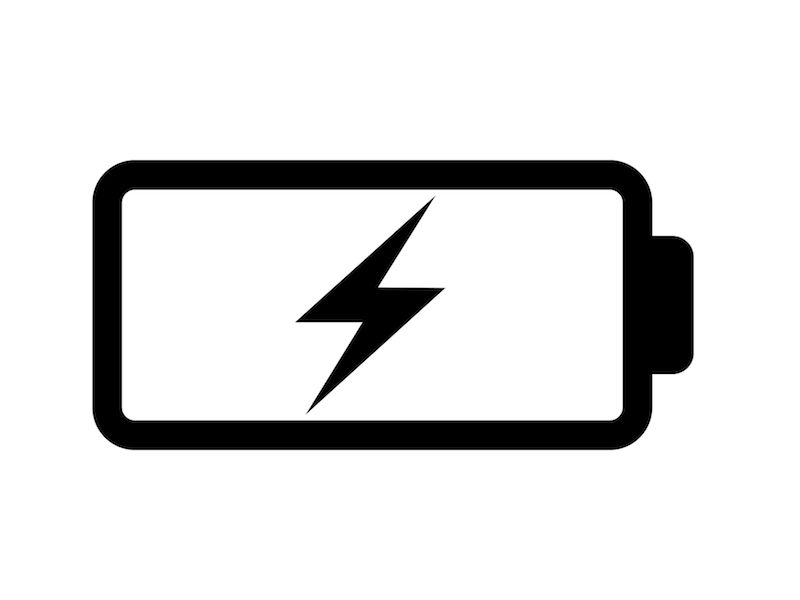Rechargeable hearing aids are manufactured so that you’ll need to stress less about running low on batteries, but the technology might also make you slightly anxious when you rely on your devices to hear. Do rechargeable hearing aids work, and do they work as well as advertised?
Those questions are understandable, as is the accompanying anxiety. A hearing aid can be a necessary element of one’s day-to-day life, as necessary for a quick visit to the grocery store as they are for the enjoyment of a television show or movie. It’s important that a piece of technology works properly and dependably, especially when it impacts so many facets of life.
What Kind of Battery do I Have?
By default, most modern-day hearing aids have rechargeable batteries, so if you purchased your hearing aids recently it’s likely that your hearing aids will have one of two battery types. Silver-zinc batteries, which have a battery door on the back of the device, are rechargeable, but every now and then they have to be replaced. A Lithium-ion battery, however, will not have a battery door because the batteries will last as long as the hearing aid does.
Rechargeable Hearing Aids Need Special Care
For the most part, rechargeable hearing aids do work, and they work well. As battery technology has improved in the last few years, the reliability of these devices has increased dramatically. As with any other electronic device, however, there are various easy maintenance procedures that users can follow to improve the dependability of their rechargeable hearing aids.
- Keep Your Hearing Aids Clean and Dry: Your hearing aids will collect moisture, dust, and debris regardless of how often you use them. Your hearing aid might not completely charge if it is subjected to any of these three things. When connecting your hearing aid to your charging station, as with any other time, it’s a must to keep your device clean.
- Store Your Hearing Aids on The Charging Station: If your hearing aids have rechargeable batteries, you can increase your device’s battery life by ensuring that you consistently store your hearing aids on their charging station. The long term battery life is not diminished by charging a battery that is not fully drained.As a matter of fact, making sure that your hearing aids are charging when you’re not using them can actually benefit your long-term battery life. A convenient reminder, for many people, to charge their device when not used, is to put the charging station on a table near their bed.
- Be Mindful of Wires: Either the hearing aid itself or the charging station will contain some type of wire element on most hearing aids. Being careful of these wires is essential for hearing aid users; the connection that allows the device to charge can be damaged if you pull on or hold it by the wires.
How to Change a Rechargeable Battery
If you have lithium-ion batteries, they should last as long as your device does. Because of this, you should not need to worry about changing those batteries. Simply continue recharging your hearing aids as long as needed.
However, you will need to periodically change the batteries if you have a hearing aid that uses silver-zinc batteries. Switching batteries in the right way can help improve the lifespan of your hearing aids. Because of this, hearing professionals recommend the following:
- Until you’re ready to use the batteries, don’t remove the plastic tabs or packaging.
- Five minutes before taking off any tabs that might be attached let the batteries sit at room temperature.
- Ensure you wash your hands before changing your hearing aid batteries.
- Ensure that your battery compartment is clean and free of moisture.
- Keep batteries in a room temperature place that is also certain to be dry.
Long Periods of Non-Use
If you are planning not to use your hearing aids for long amounts of time, leaving them on the charger might no longer be the best manner to store your devices. Just disconnect your hearing aid and store it in a dry cool place if, for example, you know you won’t be using them for a few weeks or a month.
Consider leaving the battery door open so you can stop moisture from corroding the batteries if you have silver-zinc batteries.
Keep it Charged Every Day
All your basic requirements should be met if you charge your hearing aids once a day. A lithium-ion battery, for example, will typically require only 3-4 hours to charge adequate battery power for a 24 hour period.
Do rechargeable hearing aids work? They don’t only work, they are becoming more common every day. Make an appointment with your local hearing aid retailer to see all the different models
